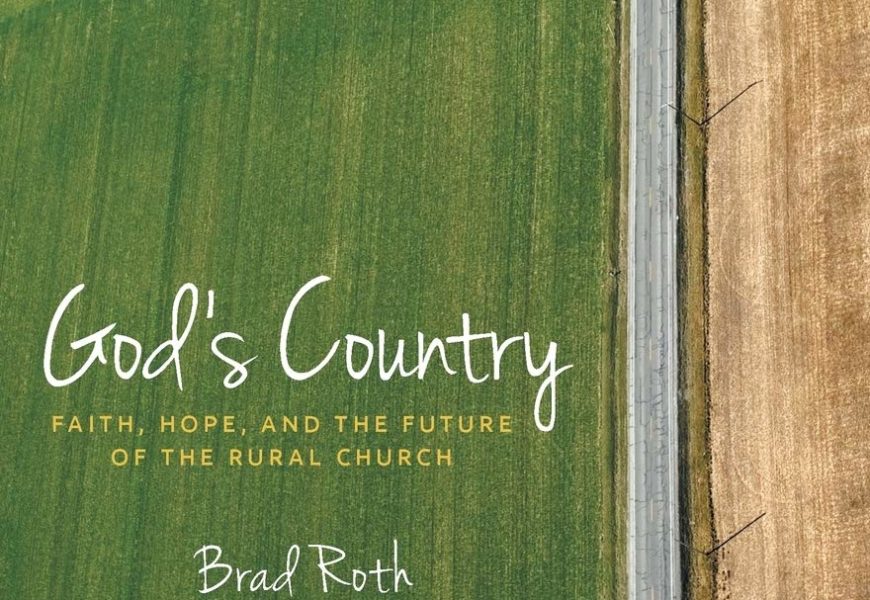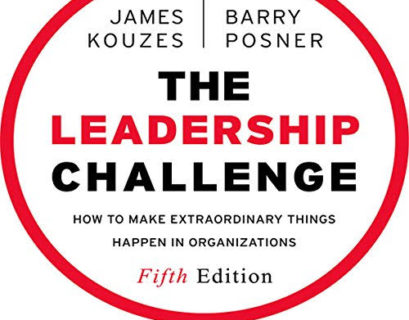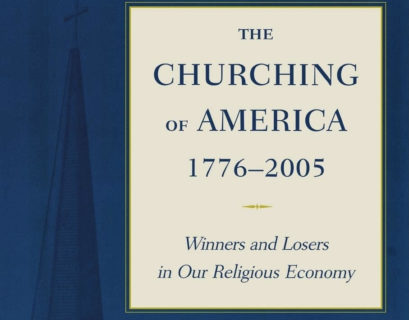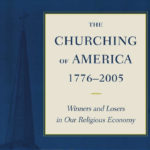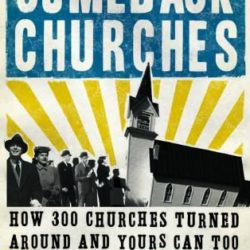By Rev. Joseph Epley
Brad Roth’s 2017 work, God’s Country: Faith, Hope, and the Future of the Rural Church, offers a truly unique perspective on rural ministry. Stocking the shelves of Christian bookstores, one can find dozens of titles that offer practical “how-to” tips on how to do church. Brad chooses in God’s Country to focus on what it means to be a rural leader, instead of just doing rural ministry.
The first thing that stands out about this work is the heart of the author. Brad describes his affinity for the rural church by saying “I stumbled into my love affair with rural communities and congregations, and they’ve continued to grow on me” (Roth, 2017, 15). He goes on to describe this love in terms of theology, academics, history, and in light of his years of experience ministering in rural settings. This thorough approach creates an engaging work that seeks to identify what rural truly is; which is as the author defines, a “way of seeing the world” (Roth, 2017,31).
Within his definition of rural he acknowledges common stereotypes of rural churches versus urban churches, acknowledging that “sipping a mocha in Harvard Square somehow feels more consequential than having coffee at a small-town gas station. But it’s not” (Roth. 2017, 44). The subsequent dignity and value he places on rural ministry lays the groundwork for his approach to how rural ministers ought to engage rural churches and communities. He immediately confronts the reader with different ways of being, speaking first of the ministry of presence. Roth even goes so far as to say ministers must be “made from the dust” of the small-town they minister in (Roth, 2017, 66).
Brad Roth then walks the reader through different postures. He speaks of abiding in a rural community and “watching” a rural community, referencing a specific attitude that looks for God at work in small places (Roth, 2017, 79). He speaks of postures of gratitude and prayer; again highlighting what a minister must essentially be to succeed in loving God’s rural church. He creates new metrics besides the normal numbers rubric that most churches use to define success, and seeks to reframe rural success in more realistic terms (Roth, 2017, 120).
In these postures one finds a good amount of information to unpack in regards to how a minister can successfully work in a small place, but the book does not stop there. It also goes to the birds-eye view, and allows the reader to see how relatively small one pastor is in the history of a rural church. Ministers with this perspective are able to better assess how and what they need to focus on for their part in a greater story (Roth, 2017, 139). Finally, he speaks of subjects that are downright uncomfortable; giving an extensive report on how to walk churches through every phase of their life, from birth to even death (Roth, 2017, 166).
God’s Country is for ministers and leaders who believe in the rural church, or want to believe in the rural church. This book can be used to find practical guidance on how to minister, or it can be used to challenge one’s deepest held perspectives on what it means to work in the unseen corners of God’s world. Both academic and casual readers will find wisdom readily accessible in its pages, and this book does a fantastic job of being a valuable resource for a rural leader in any capacity.

